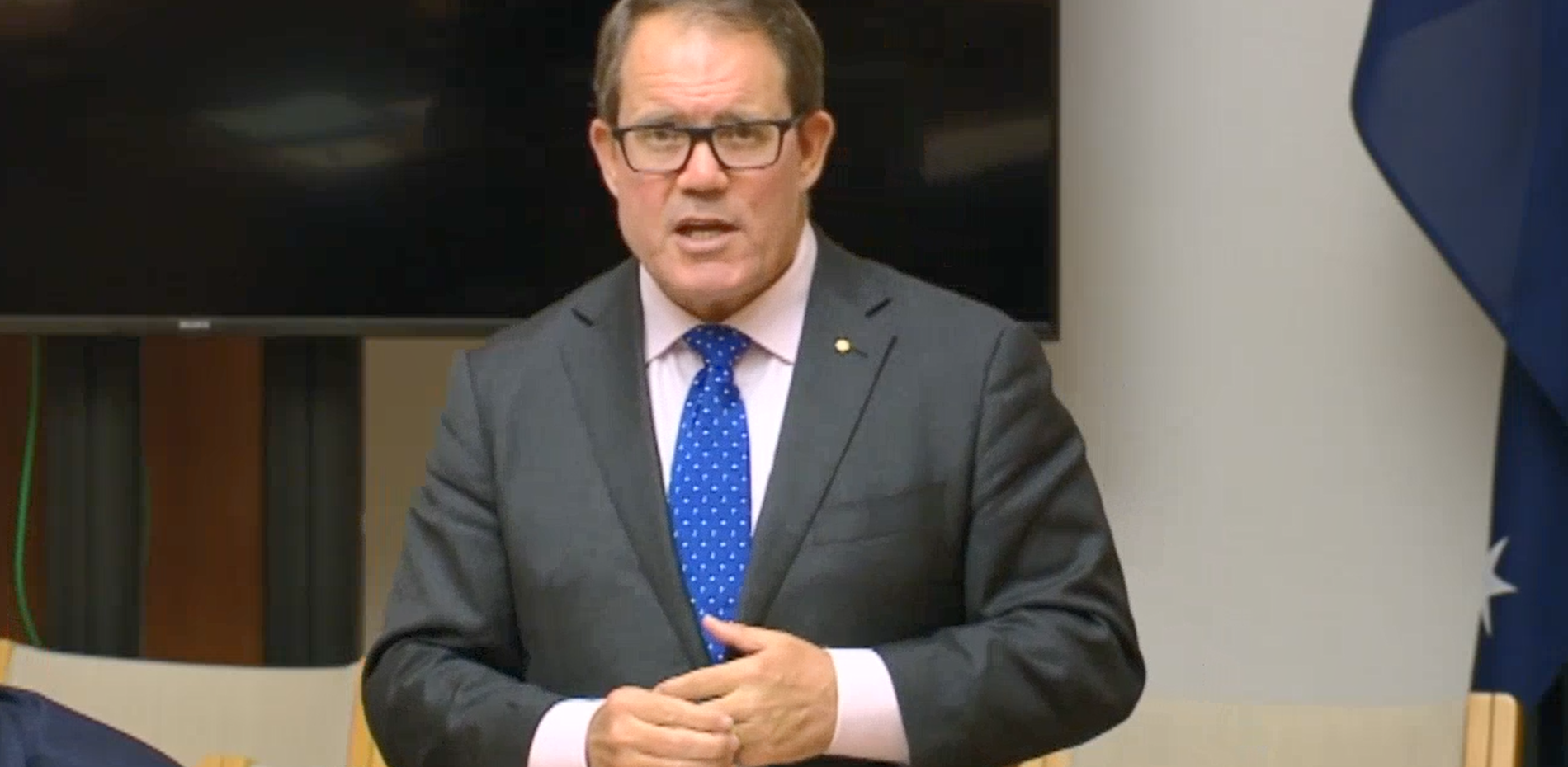Deputy Speaker,
It is long-standing Labor tradition to anchor Australia’s identity and find our security in our immediate region.
This recognises the essential facts of who and where we are.
At the last census in 2021, 17.4 per cent of the population identified as having Asian ancestry.
A 7% increase in five years!
That was up from 10.4 per cent in the 2016 census.
Asian-Australians make a formidable contribution across our nation’s boardrooms, businesses, and other organisations.
And this Government is proud to count among its leaders the first Malaysian-Australian Foreign Minister, Senator Penny Wong, as well as other Asian-Australians in the Parliament.
The Foreign Minister has reinvigorated our relationships by visiting every ASEAN country except Myanmar and every Pacific Islands Forum member in our first year of government.
Australia is also a part of Asia by virtue of strategic reality.
We are an Indo-Pacific country at the confluence of the Indian and Pacific Oceans.
We were a founding member of APEC and of the East Asia Summit, and we were ASEAN’s first dialogue partner.
And we have close strategic partners in Japan, Indonesia, India, the Philippines, Singapore and others across the region.
I was delighted to assist in strengthening these partnerships at the Shangri-La dialogue in Singapore where I accompanied the Prime Minister and Deputy Prime Minister earlier this month.
Representing Australia on an important regional stage was a reminder of the importance of building Asia literacy at home.
Because, sadly, we have gone backwards domestically in the teaching of Asian languages.
The teaching of Bahasa in particular has very regrettably been in net decline in Australian universities in recent years.
Only 755 students learn Indonesian in Australian high schools, down 50 percent from a decade ago.
This decline should be urgently stemmed and reversed.
I learned Bahasa in the Army and regularly use it in meetings with Indonesian stakeholders in the course of my duties.
Even a few words can signal respect for another culture.
I’m not fluent but my Bahasa was acknowledged by an Indonesian minister recently.
Deputy Speaker, sports diplomacy is another key tool for fashioning strong and durable relationships with the region.
During my recent visit to New Zealand and Samoa, I raised the importance of deepening sports diplomacy initiatives in the Pacific in my meetings with officials and ministers.
When I briefly met Fiji’s Prime Minister Rabuka during his visit to New Zealand last week, I invited him to participate in the Parliamentary Rugby World Cup in late August in Paris.
Sport is a language we share with our Pacific Family.
And DFAT is leading this national effort with PacificAus Sports.
This is an investment of $15.6 million non-ODA and $2.5 million ODA per annum.
It aims to strengthen regional sporting connections and creates new opportunities for Pacific athletes.
While Team Up, a $6 million ODA per annum program involving over 60 partners, delivers sport for development programs across 13 sports in Fiji, Nauru, PNG, Samoa, Tonga, and Vanuatu.
It focusses on gender, disability, leadership, and governance.
Arts diplomacy is another important line of effort, Deputy Speaker.
And I’d like to highlight the Bali Artists’ Camp Art and Cultural Exchange Project as one that has contributed to strengthening ties between Indonesia and Australia, and particularly with the Top End where I am from.
As part of the exchange, Indonesian artists lived in Aboriginal communities, interacted with Aboriginal artists, and produced great art in response.
The exchange ran from 2012-2018 and deserves support.
Across the Indo-Pacific, the Government is investing in our relationships through defence, sports, and arts diplomacy and all elements of statecraft to ensure that Australia is a natural partner of choice in the region.
Thanks Deputy Speaker.



